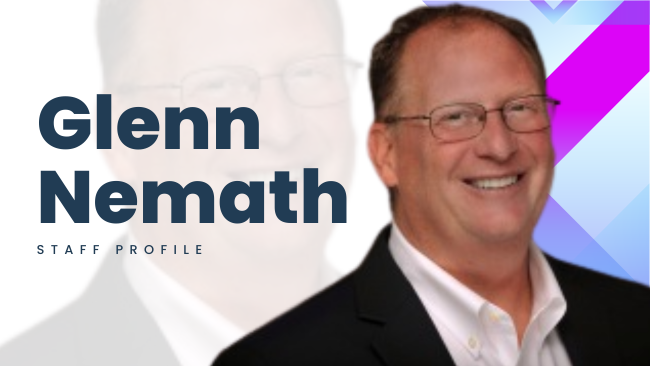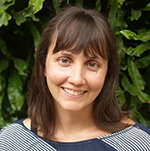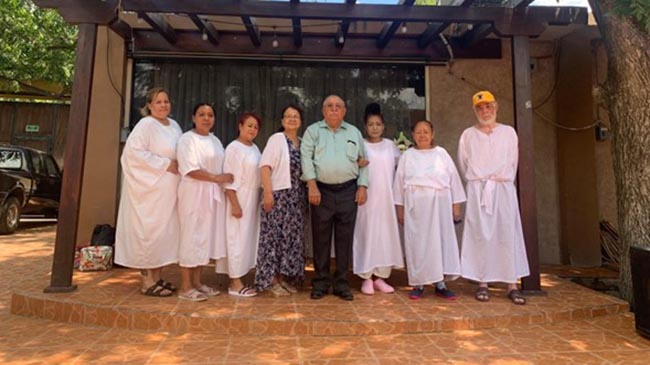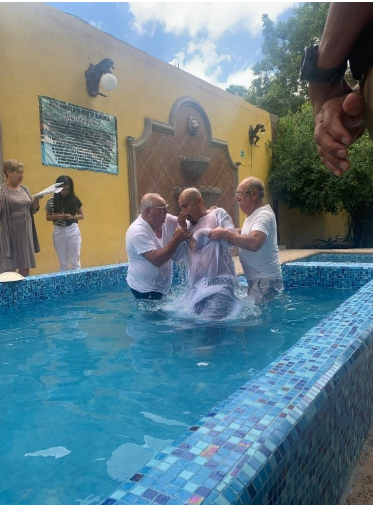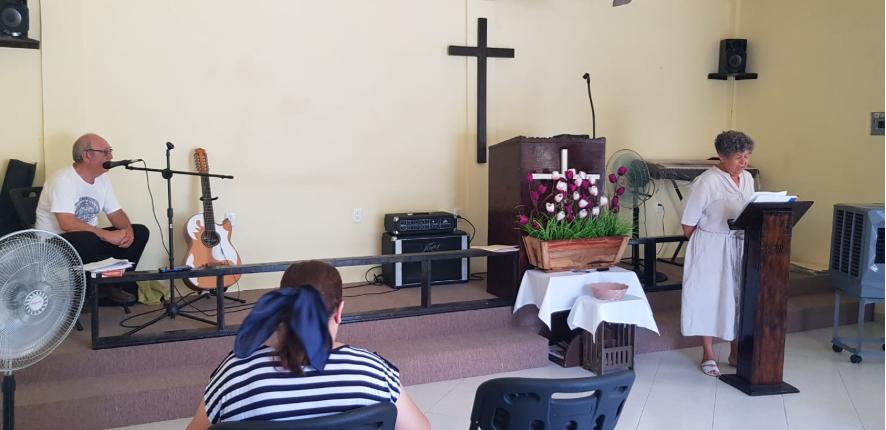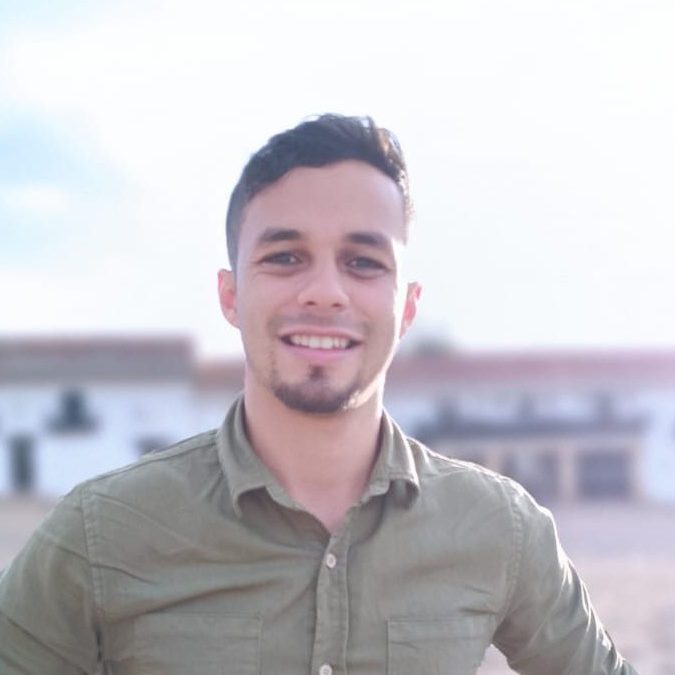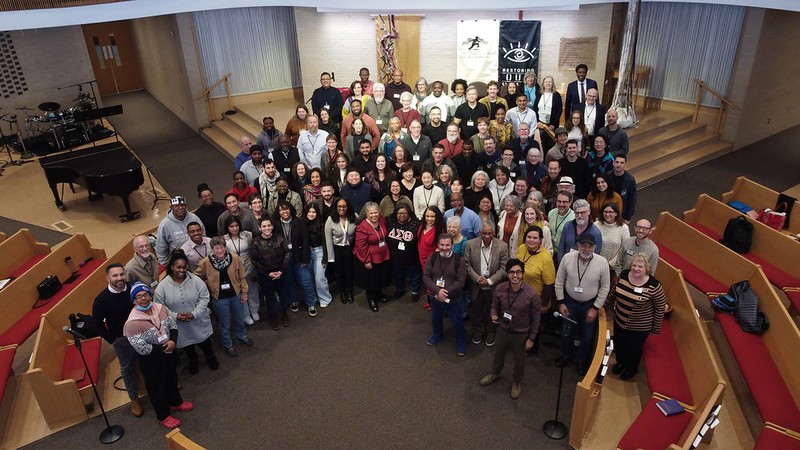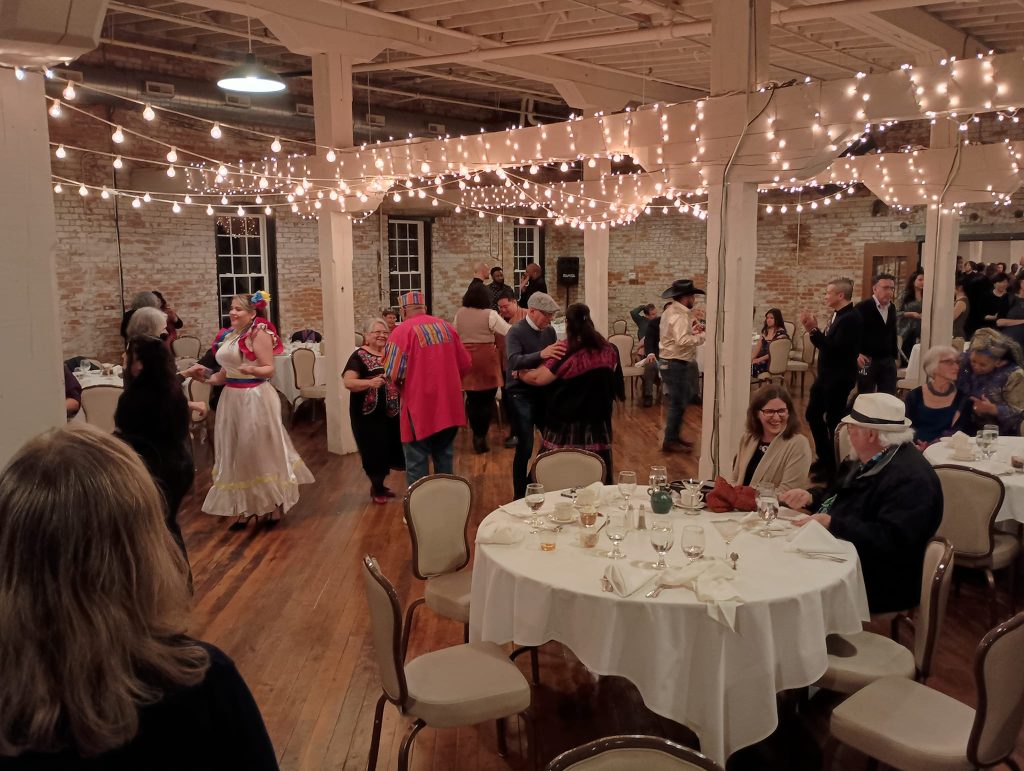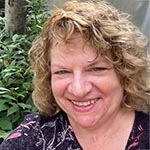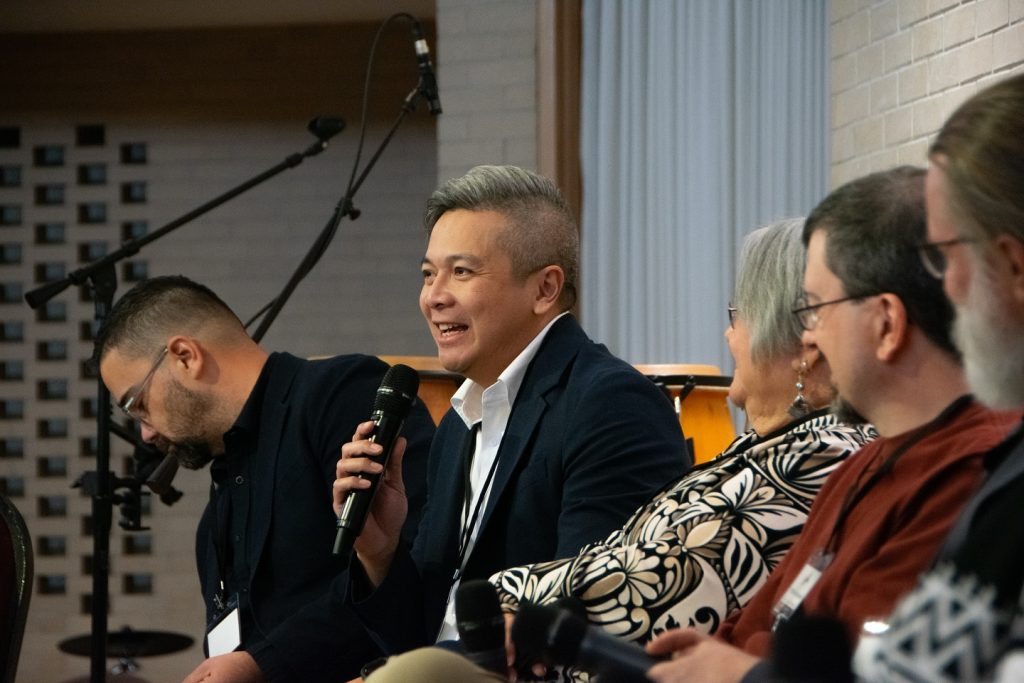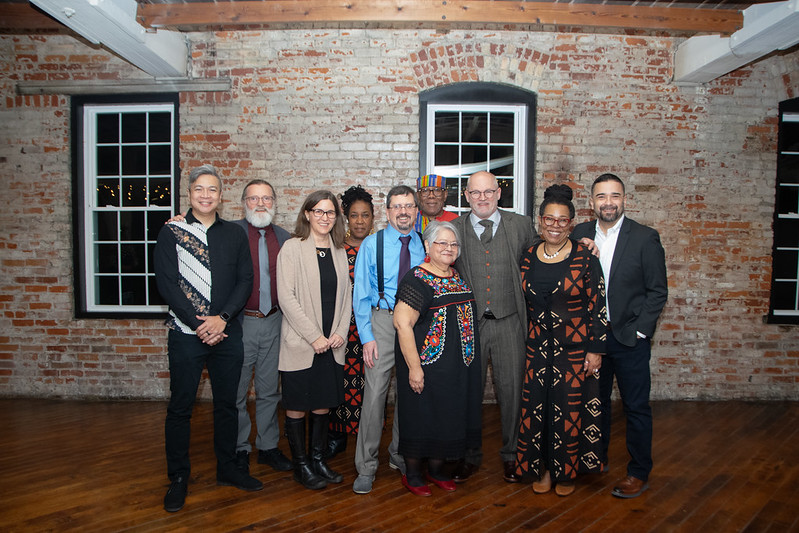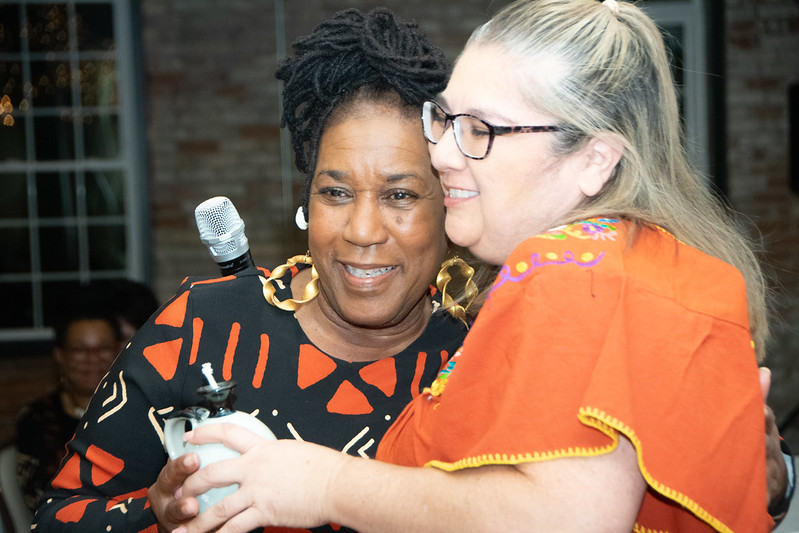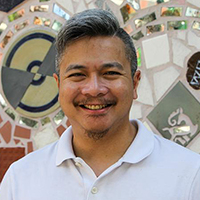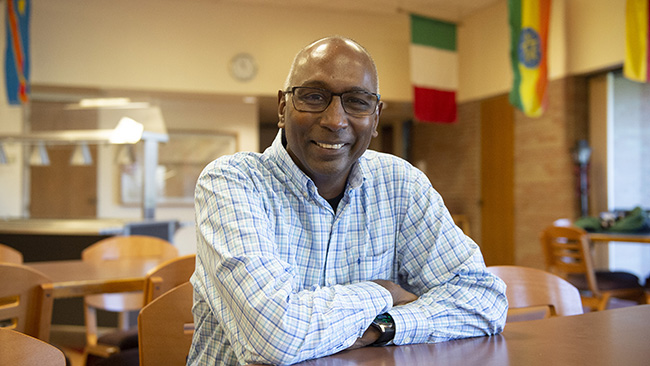
Dr. Joseph Manickam, Executive Director of Arelti, has begun a six-month contract (February-August 2025) to support Mosaic Mennonite Conference with partnership development.
In early February, Manickam accompanied a delegation to visit Conference-Related Ministry Peace Proclamation Ministries International in India. He has been asked to also meet with other global and U.S. community-center based Conference-Related Ministries. He will also support the Mosaic Conference Board in conversations about partnership with other Mennonite organizations, as well as provide accompaniment to Mosaic Executive Ministers and priority team leaders.
“We are asking Dr. Manickam to help us continue to deepen intercultural awareness and think about partnerships in ways that aren’t colonial or paternalistic,” shared Executive Conference Minister Stephen Kriss.
“His experience as the son of mission workers from India to Thailand; with Pacific Southwest Conference in California; and in leading Mennonite organizations are all valuable as the Conference tries to understand the possibilities that exist in partnerships outside the U.S. in ways that are healthy, mutual, and strengths-based.”
Kriss continued, “Joe’s work with Mosaic Conference comes at a critical time as we discern and navigate our relationship with Mennonite Church USA and work to define what a robust partnership could look like.”
Mosaic Mennonite Conference occasionally works with outside consultants to navigate critical issues and changing contexts, as it did with Grovider to develop the current strategic plan.
When asked why Dr. Manickam agreed to this work, he responded, “I continue to believe in the church’s ability, as broken as it may be, to transform our communities toward a greater alignment with God’s Reign on this earth.”
“I look forward to networking and connecting with Mosaic’s missional energy. Mosaic is in a space of missional curiosity right now, and I sense this curiosity is aligned with the movement of the Holy Spirit around the world,” he continued.
Manickam will also serve as the keynote speaker at the upcoming Oasis gathering for Mosaic Pastors of Color in May, on the topic “Living as Diaspora People.”
Dr. Joseph A. Manickam was born in Chiang Mai, Thailand to Paul and Mano Manickam, missionaries sent by the Church of South India to Thailand in 1958. The youngest of six children, Joseph grew up in a family deeply committed to seeing God’s Love translated into the local context crossing social barriers of many forms as he and his family continually swung between a South Indian home, a western school system, and living among the Thai people. Joseph married Wanda Wyse in 1994 in Yoder, Kansas and they have two children. Manickam is the founder and Chief Executive Officer of Arelti, a nonprofit organization focused on walking with the oppressed to foster hope through the transformation of communities on the margins.
He served as the ninth president of Hesston College in Hesston, Kansas, and as Director of the Institute of Religion, Culture, and Peace and faculty member for Peace Studies at Payap University in Chiang Mai, Thailand. Previously he served in Thailand for three years with Mennonite Central Committee (MCC) Canada as Director of the Central-Southern and Northeast Asia Program, and earlier in his career, he was Director of the MCC Asia Program and Associate Director of the Center for Anabaptist Leadership in California.
Dr. Manickam earned a B.A. in Communications from Goshen College (Goshen, Ind.) and an M.A. and Ph.D. in Intercultural Studies from Fuller Theological Seminary (Pasadena, Calif.). He has also previously served on the boards of The Mennonite and Anabaptist Mennonite Biblical Seminary (Elkhart, Ind.), and his academic interests include Race/Ethnic Studies and Interreligious Engagement. Manickam’s relational abilities and his strong intercultural competency have been common threads in his work. His doctoral dissertation at Fuller focused on “A Study of Race, Culture and Ethnicity in Mennonite Church USA.”
Mosaic values two-way communication and encourages our constituents to respond with feedback, questions, or encouragement. To interact with this article, please email communication@mosaicmennonites.org.

